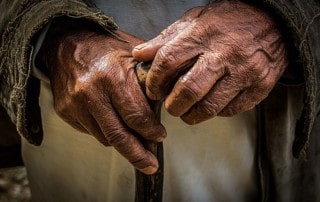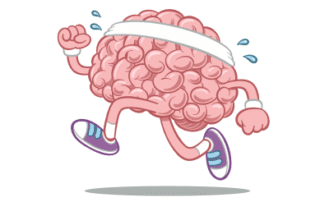Latest Insights
My Savings Buffer Is More Than Yours
It is no secret that too few households save for a rainy day and this financial planning problem is a difficult habit to break. Would knowing your neighbours’ savings balance encourage you to save more?
Behavioral Insights for Old Age Planning
It’s almost impossible to rationally plan old age, given that decisions in this domain are complex, jointly made and emotional. I argue that behavioral economics can help us understand some of our common decision-making barriers, such as dealing with decision avoidance, reframing old age positively, and designing interventions to better forecast our needs in old age.
Virtual Reality to the Rescue – or Not?
Are VR technologies successful to increase savings? Or should we rely on more subtle simulation techniques? And does it matter whether people imagine positive or negative life events?
Deceiving Yourself to Better Deceive Others
Most people are overconfident in various aspect of their daily life. Yet, this bias has been shown to have detrimental economic and financial consequences. In light of these costs, why is this bias so persistent in the population? Our research provides an explanation for this phenomenon: being overconfident can provide a strategic advantage by influencing others in social interactions.
Does “Irrationality” Travel?
As the enthusiasm for applied behavioural science spreads across the globe, it is time to think how well "irrationality" travels. This is the start of an article series exploring the impact of factors such as cultural context on decision making - and how our understanding of the human mind is based on a thin slice of humanity.
Behavioral Economist, Behave Yourself
Using cognitive mechanisms (commitment, loss aversion, social norms and suchlike), I hacked myself to boost my motivation for exercise and healthy habits, get in shape and lose 15 kilos (33 pounds)… all in a record six months.







